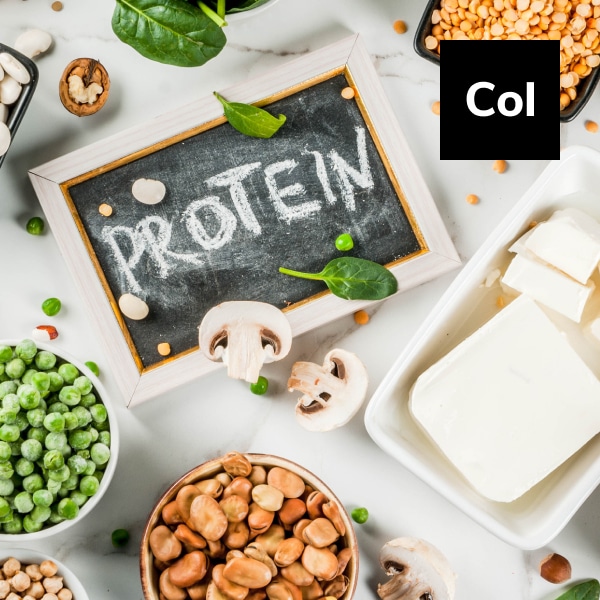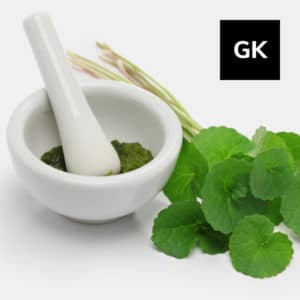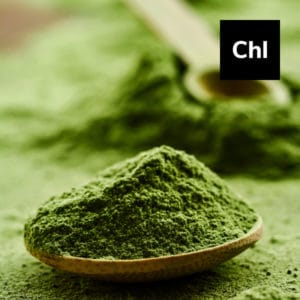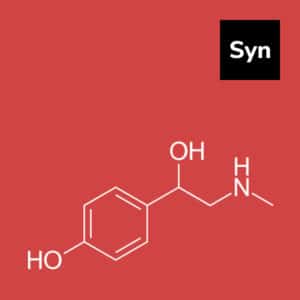Overview
There are 28 different types of collagen, with varying structures and functions. Collagen, being the most abundant protein in the body, creates a framework for strength and structure. The natural collagen generated by the body is the endogenous collagen.
In general, their molecules form long, thin fibrils that anchor cells to each other. This is what gives the skin strength and elasticity. As we age, our bodies produce less collagen.
Consequently, the structural integrity of the skin deteriorates, and wrinkles form. This becomes more noticeable in women after menopause, and in men and women after the age of 60. Since collagen is also the major molecular component of tendons and ligaments, joint flexibility and strength are dependent upon the body’s production of collagen.
Benefits
- Supports joint health.
- Helps decrease osteoarthritic pain.
- It helps prevent osteoporosis.
- Promotes skin elasticity and firmness.
- It helps prevent wrinkles, age spots, and facial lines.
- Promotes healthy hair and nails.
History of Usage
The word collagen is derived from kolla, or “glue” in Greek. It is widely used in cosmetic surgery, as a healing aid for burn victims, and in an array of dental and orthopedic surgeries.
Collagen took off as a nutritional supplement in Asia, China, and Japan and began to gain traction in the 1980s. One product line that has been around for a while is Functional Keratin. It was developed in the late 1990s by a biochemist, Dr. Kermitzer Merchant. He came up with a unique delivery system for collagen molecules and elastin proteins into an oil that could penetrate the skin. This delivery system has become one of the main formulations of skincare products today, as it stimulates the body’s own collagen production.
The main benefits of this product line are that it stimulates natural collagen production in the skin, eliminates fine lines and wrinkles, reduces the appearance of age spots, and promotes firmness and elasticity.
Another collagen health supplement that has been around for quite a while is called CynergyTK. It contains functional keratin as well as a kelp extract called Phytessence Wakame. CynergyTK actually promotes collagen production, because it stimulates the production of collagen levels in the skin.
Today, collagen is one of the most popular ingredients trending in the natural products industry.
Biochemistry
Collagen is a protein molecule made of the amino acids glycine, proline, hydroxyproline, and arginine. These are made of carbon, oxygen, and hydrogen and are secreted mainly by connective tissue cells.
Collagen may be found in the extracellular matrix, which is a complex network of macromolecules that governs the characteristics of the body’s tissues. In the dermis – the middle layer of skin – collagen helps form fibroblasts. These cells form a fibrous network upon which new cells grow. Collagen is the ideal matrix for skin, tendons, bones, and ligaments due to its stiffness and resistance to strain.
In essence, it is the glue that holds the cells and tissues together. It is also found in hair and nails, smooth muscle tissues, blood vessels, the digestive tract, the heart, gallbladder, kidneys, and the bladder. Collagen is also important for replacing and restoring dead skin cells. Therefore, collagen is considered an abundant protein in the body.
Recent Trends
The market is flooded with collagen health supplements, in the form of capsules, powders, beverages, functional foods, topical creams, and hair and nail products. The worldwide collagen market was valued at more than US $3 billion in 2015.
It is expected to surpass $5 billion by 2023, expanding at a compound annual growth rate (CAGR) of more than 7% from 2016 to 2023, according to Global Market Insights, Competitive Market Share & Forecast 2016-2023.
Precautions
When used orally, collagen supplements at dosages of up to 10 grams per day for up to 5 months are deemed safe.
Collagen supplements are deemed safe when used orally in amounts of up to 10 grams per day for up to 5 months. Side effects are rare.
Pregnant and lactating women should avoid use, since not enough is known about their safety when collagen is used in medicinal amounts.
References
- Bagheri Miyab K, Alipoor E, Vaghardoost R, et al. The effect of a hydrolyzed collagen-based supplement on wound healing in patients with burn: A randomized double-blind pilot clinical trial. Burns. 2020;46(1):156-163.
- Argyrou C, Karlafti E, Lampropoulou-Adamidou K, et al. Effect of calcium and vitamin D supplementation with and without collagen peptides on bone turnover in postmenopausal women with osteopenia. J Musculoskelet Neuronal Interact. 2020;20(1):12-17.
- Elam ML, Johnson SA, Hooshmand S, et al. A calcium-collagen chelate dietary supplement attenuates bone loss in postmenopausal women with osteopenia: a randomized controlled trial. J Med Food. 2015;18(3):324-31.
- Czajka A, Kania EM, Genovese L, et al. Daily oral supplementation with collagen peptides combined with vitamins and other bioactive compounds improves skin elasticity and has a beneficial effect on joint and general wellbeing. Nutr Res 2018;57:97-108
- Hexsel D, Zague V, Schunck M, Siega C, Camozzato FO, Oesser S. Oral supplementation with specific bioactive collagen peptides improves nail growth and reduces symptoms of brittle nails. J Cosmet Dermatol. 2017;16(4):520-526.




